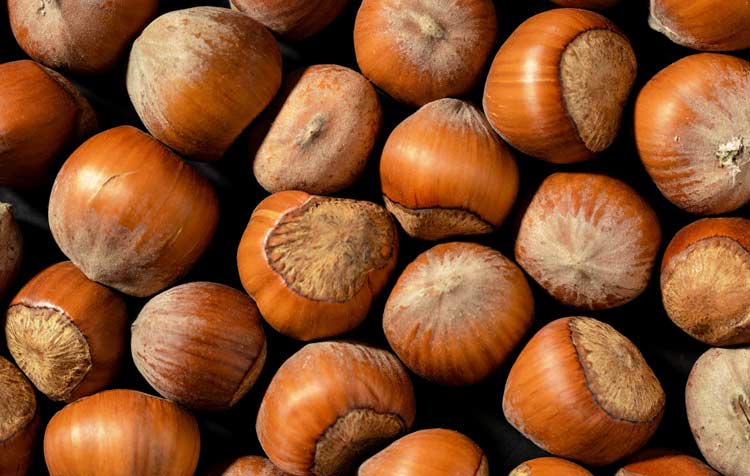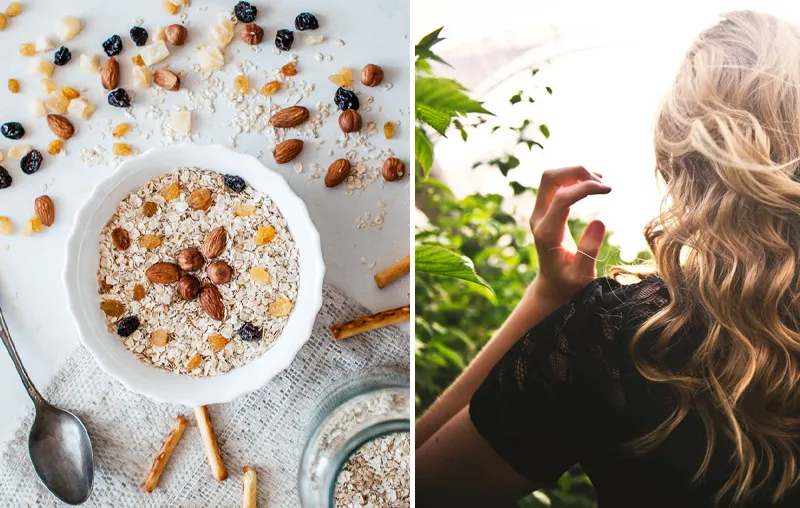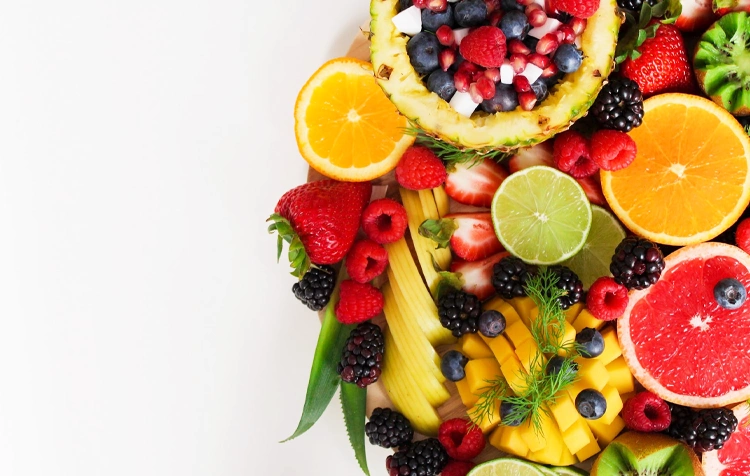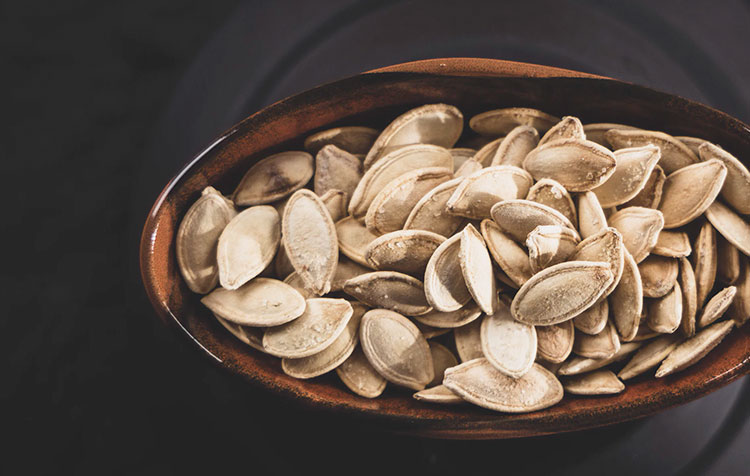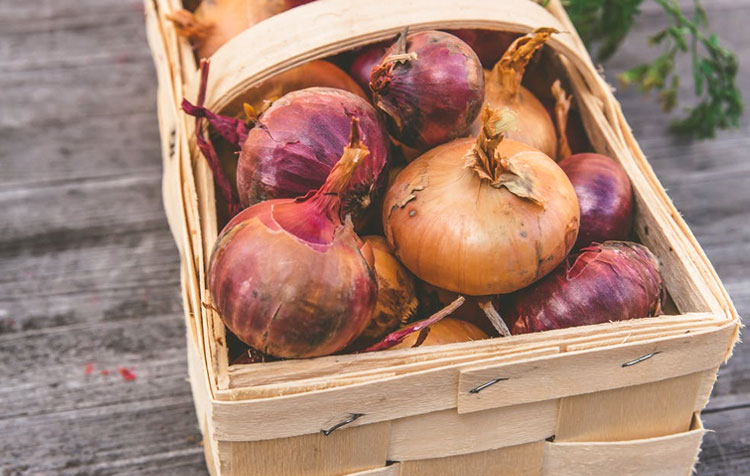You want to learn about choline? Then you will find here the most important information about the nutrient, which was formerly also called vitamin B4.
We start with a brief profile, followed by the intake, the reference values for the intake, the physiological function, the risk for an over- or undersupply, up to the choline-containing foods and supplements. Finally, I will also explain what vegans should keep in mind with regard to choline.
Here is in advance a short Table of contents for you:
Notice: This article is not a substitute for medical advice, but merely provides general information about choline. Please consult your doctor if you feel unwell or want to prevent health problems with medical care.
Choline CONSTRUCTION LETTER AT A GLANCE
Assignment: vitamin-like substance, monohydric alcohol
Synonyms: Vitamin B4 (obsolete), choline chloride
Important for: Structure of the cell membrane, removal of fat and cholesterol from the liver, influence on neurotransmitters1
Daily requirement: 400-550 mg/day from the age of 19.2,3,4
Overdose: possible from 3,500 mg/day2
Deficiency symptoms: including disorders of muscles and liver, non-alcoholic fatty liver1,2
Food: Peanut butter, sunflower seeds, hazelnuts, walnuts
Nutritional supplement: rather rarely, if as vitamin B complex
What is choline?
Choline is strictly speaking a monohydric alcoholwhich is absorbed through the diet, but cannot be compared with conventional alcohol. It is a vitamin-like nutrient that is semi-essential is. This means that the body can produce the substance itself when needed, as long as sufficient Folic acid and methionine is available.5
How much choline do you need?
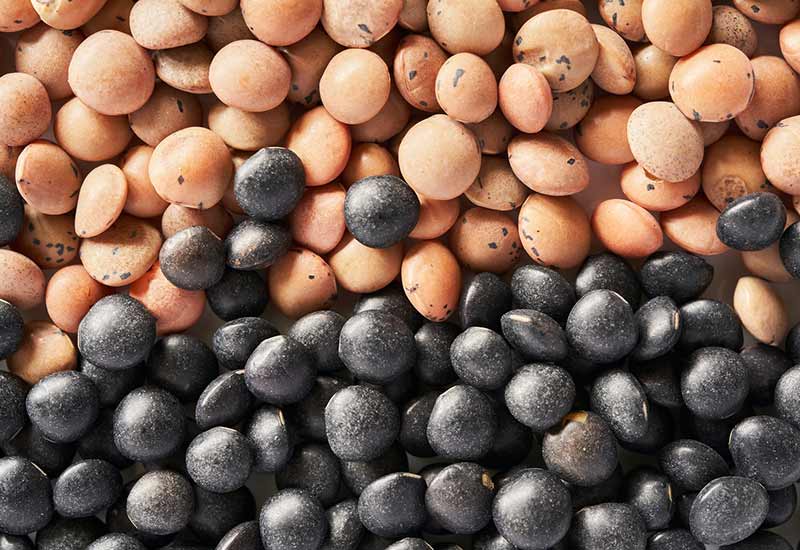
The German Nutrition Society has not yet (as of September 2021) published any reference values for the daily intake of choline. Basically, the choline requirement depends on how much methionine, folic acid and betaine is supplied to the body - but the ability to endogenously produce the nutrient itself is also crucial.2
From the European Food Safety Authority (EFSA) a recommendation of 400 mg per day is based on.3 The Office of Dietary Supplements however, recommends a slightly higher daily intake of 425 mg of choline for women and 550 mg for men.3
The U.S. Institute of Medicine (IOM) published reference values for choline intake in 1998 and differentiated them according to age groups and sex4:
| Age | male | female |
| 1 to under 4 years | 200 | 200 |
| 4 to under 9 years | 250 | 250 |
| 9 to under 14 years | 375 | 375 |
| 14 to under 19 years | 550 | 400 |
| 19 years and older | 550 | 425 |
An increase in the supply during the Pregnancy and lactation is recommended for women.2,3,4
What is choline needed for?
Choline is important for Structure of the cell membraneas it is needed for the production of phosphatidylcholine and sphingomyelins. These two substances contribute significantly to the structure of the cell membrane.1,2
The vitamin-like substance is also a component of a substance called VLDL (Very Low Density Lipoproteins), which removes fat and cholesterol from the liver. Thus, the nutrient is important for the Liver Health.1
In addition, choline is a building material for acetylcholine, an important Neurotransmitterwhich transmits messages from the nerve fibers to the muscle fibers. Other functions include gene expression, cell membrane signal transduction, lipid transport, various metabolic processes and early brain development.2
The Choline functions short and to the point:
- Influence on the structure of the cell membrane
- Building material for neurotransmitters
- Influence on liver health
- Gene Expression
- Cell membrane signal transduction
- Lipid transport
- Metabolic processes, such as fat metabolism
- Early brain development
Is too much choline dangerous?
Basically, the toxicity of choline is rather To be classified as low. However, if the intake is greatly excessive, it can cause a fishy body odor, vomiting, sweating, low blood pressure and liver damage. Therefore the Office of Dietary Supplements defined an intake limit of 3,500 mg of choline per day.2 However, EFSA has not set a maximum intake limit.6
Is it possible to take in too little choline?
As already mentioned, the body can produce choline itself if sufficient amounts of methionine and folic acid are available to it. In most cases, however, the body's own production can supply not enough of the nutrient are produced. Consequently, deficiency symptoms can also occur if little choline is consumed. Therefore, it is also discussed whether the vitamin-like substance should now be classified as essential again.
Potential Deficiency symptoms are non-alcoholic fatty liver, and damage to muscles and liver.1,2
Risk groups for deficiency: Pregnant women, people with various genetic impairments, patients receiving parenteral nutrition.2 Likewise, people with chronic intestinal diseases and the elderly are at risk because their nutrient absorption is often inhibited.
What foods contain choline?
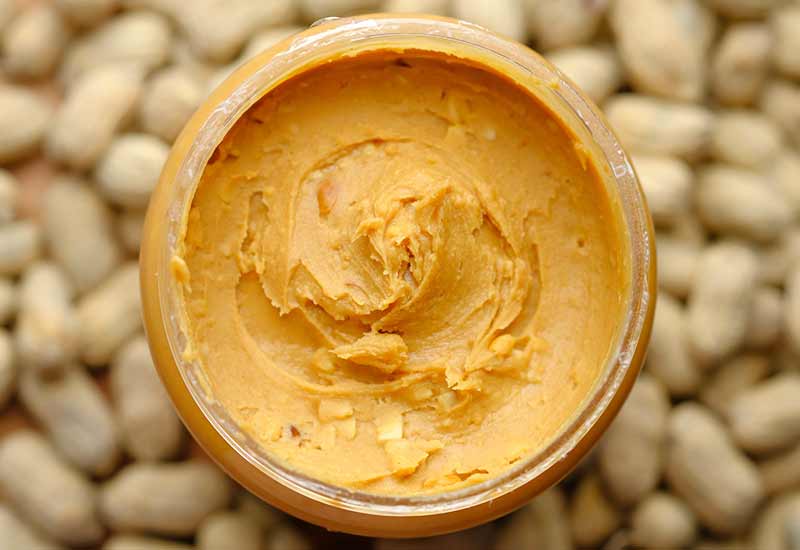
As with many nutrients, you'll find needs-covering amounts of choline in Whole grains, legumes, and nuts and seeds. Since I recommend a plant-based diet for ethical, ecological and health reasons, the following list contains almost exclusively plant-based foods. However, in order to inform as comprehensively as possible, an animal source also occurs.
Especially good sources of choline are:
- Liver (300-400 mg per 100 gram)
- Peanut butter (63 mg per 100 gram)
- Whole wheat (60 mg per 100 gram)
- Sunflower seeds (55 mg per 100 gram)
- Almonds, peanuts (52 mg per 100 gram)
- Hazelnuts (45 mg per 100 gram)
- Cauliflower, broccoli, Brussels sprouts (40 mg per 100 gram)
- Lenses (32 mg per 100 gram)
Addition: Other good sources are macadamia, Brazil nuts, walnuts, tofu, peas and artichokes.
What should vegans pay attention to?
In principle, the DGE has choline not as a potentially critical nutrient For vegan diet classified.7 Due to the variety of plant sources, a choline deficiency is very unlikely in a balanced, vegan diet.
Another factor is probably the higher Betaine supply in a plant-based diet. The ammonium compound can either be supplied through food or produced by the body from ingested choline. Since betaine is mainly found in plant foods such as grain products, fruits and vegetables, vegans are basically better supplied with the nutrient. This reduces the amount of choline needed to produce betaine, and thus the choline requirements of vegans could possibly be lower than those of mixed-food eaters.1
Tip: If you want to eat a purely plant-based diet, you are well advised to integrate whole grain products, legumes, nuts and seeds sufficiently into your diet. Then nothing will go wrong with the choline supply.
Is supplementation necessary or useful?
Supplementation of choline is rather not necessary with a balanced diet. If you feel you are not getting enough choline or if you suffer from a fatty liver, supplementation may be useful.
A good vitamin B complex that also contains choline is a good way to get you enough of the important B vitamins and to get enough choline. A recommended one, vegan vitamin B complex in tablet form you get here*.
Choline FAQ: The most frequently asked questions
What is choline good for?
Choline serves to build the cell membrane, as a building block for neurotransmitters, influences liver health and is also an important component in various metabolic processes.
What foods contain choline?
Good plant sources are nuts and seeds, such as sunflower seeds, almonds, peanuts, hazelnuts and walnuts. Legumes such as lentils and peas, as well as tofu, also contain large amounts of choline.
Is choline harmful?
Choline has a low toxicity, but should not be consumed in excess. The maximum intake is therefore 3.5 g per day.
Can you lose weight with choline?
Choline influences fat metabolism and thus helps maintain a healthy fat metabolism. Thus, choline can help you lose weight if you eat right and exercise. However, it is not a miracle cure.
How much choline per day?
The recommended daily intake of the semi-essential nutrient is between 400-550 mg for adult humans.
Promote your health holistically with choline
Although choline is currently classified as semi-essential, it is still important to get sufficient amounts through the diet. You can ensure a sufficient supply primarily with Nuts and seedsbut also whole grain products and legumes.
In order to promote your health not only through nutrition and an adequate choline intake, I recommend additional Measures to increase your health. In the articles on cold shower, Barefoot running and Time in nature you will find some interesting possibilities.
Do you have questions about vitamin B4 or choline? Then just write me a comment!
All the best,

P.S.: In our Nutrient database you can discover many more articles about nutrients. If you are interested in sustainability, you will definitely also like the article Shape nutrition sustainably find exciting. Have fun!
References:
1 Zentrum der Gesundheit: Choline in the vegan diet: How to meet your needs, https://www.zentrum-der-gesundheit.de/ernaehrung/lebensmittel/inhaltsstoffe/cholin-wirkung-und-bedarf-decken. [08.09.2021]
2 National Institutes of Health. Office of Dietary Supplements: Choline. Fact Sheet for Health Professionals, https://ods.od.nih.gov/factsheets/choline-healthprofessional. [08.09.2021]
3 European Food Safety Authority: Scientific Opinion on Dietary reference values for choline, https://efsa.onlinelibrary.wiley.com/doi/pdf/10.2903/j.efsa.2016.4484 [08.09.2021].
4 Institute of Medicine. Standing Committee on the Scientific Evaluation of Dietary Reference Intakes and its Panel on Folate, Other B Vitamins, and Choline (1998): Dietary Reference Intakes for Thiamine, Riboflavin, Niacin, Vitamin B 6, folates, vitamin B 12, Pantothenic Acid, Biotin, and Choline, https://pubmed.ncbi.nlm.nih.gov/23193625/. [08.09.2021]
5 H. K. Biesalski, P. Grimm (2011): Taschenatlas der Ernährung. Georg Thieme Verlag, ISBN 3-13-167605-1.
6 European Food Safety Authority: Tolerable Upper Intake Levels for Vitamins and Minerals, https://www.efsa.europa.eu/sites/default/files/efsa_rep/blobserver_assets/ndatolerableuil.pdf. [08.09.2021]
7 Deutsche Gesellschaft für Ernährung e. V.: Supplement to the position of the German Nutrition Society with regard to population groups with special nutritional needs, https://www.dge.de/wissenschaft/weitere-publikationen/dge-position/vegane-ernaehrung/?L=0 [08.09.2021].

